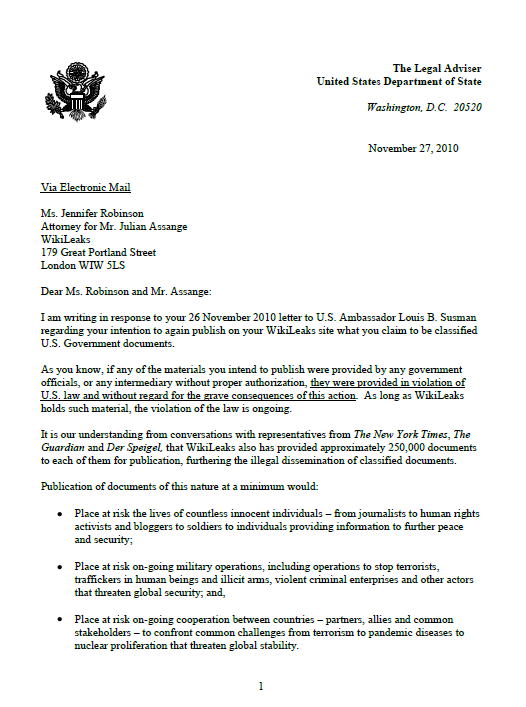 |
| Humanity First team working in Haiti |
Source/Credit: CBC | News
By Amber Hildebrant | November 26, 2010
For months, Humanity First Canada's shipments to help Haitians affected by the earthquake have languished at a Port-au-Prince port, racking up storage fees as the company fills out costly paperwork and pays taxes.
"We were trying to help the people in Haiti, and the government itself is making problems," said Hassam Naeem, the agency's logistics director.
Naeem is in Haiti for the third time trying to free the shipments. Each day that passes, the port charges him an additional $20 storage fee for each of two large containers there and is seeking thousands of dollars in taxes.
"They're trying to get as much money out of our pockets as possible," said Naeem, who worries the funds are lining the pockets of officials.
Where's the aid?
Canadians generously opened their wallets after the Jan. 12 earthquake devastated Haiti, a Caribbean nation that remains the poorest in the Western hemisphere. Individuals donated a total of $220 million to Canadian charities, an amount matched by the federal government.
About one-third — $146 million — went to emergency shelter, medical aid, water and sanitation in the immediate aftermath, but a large portion of the total $440 million has yet to be spent.
Ten months later, the slow pace of progress worries some people who want to help Haitians.
Martine Ste. Victoire is among those feeling disillusioned. The Montreal woman organized several big fundraisers for aid agencies, including the Red Cross, but stopped in March.
"The reason why I stopped doing fundraisers is I didn't know where the money went."
Ste. Victoire says she asked the Red Cross for a breakdown of how the money was spent, but the information wasn't detailed enough for her.
"Anybody who is giving money to an NGO has the right to demand to see where it goes."
Additional frustrations, she says, were the share of donations spent on salaries, the inefficiencies in relief efforts and the lack of local help on projects.
Jim Scott, president of the Windsor, Ont.-based company Ground Effects Inc., is in a similar boat. He says he gave up trying to get shipments into Haiti. About 380 of his temporary housing units arrived in March and sat at the airport until June.
There were plans to send 10,000 units and train 150 Haitians in how to assemble them. Instead 20 Haitians were trained and 380 units assembled.
"What we thought was going to be a two-year project in Haiti was a two-month project," he says.
Scott's company, which started up a year ago, sells its housing units to Angola and Sri Lanka and is trying to secure a contract in Senegal. Haiti, by comparison, was "3,000 times more difficult," to get products into, he says.
Pre-earthquake, more than 10,000 non-governmental organizations were operating in Haiti, according to the World Bank. It's the second highest number of NGOs per capita after India.
It's unknown how many have flooded into the country since the quake. Some NGOs are well-established in the country, while a number of Christian missions and small groups dot the landscape.
Getting results
Critics say the patchwork of agencies working single-mindedly on their own projects causes a lack of co-ordination and focus in relief efforts, hindering a rapid response. Meanwhile, the government is criticized for slow action on reconstruction and on the cholera epidemic.
Karen Huxter, a Newfoundland woman running an orphanage and school in rural Artibonite province, thinks her small-project approach gets results and is more accountable.
"You'll see photos, you'll get reports and you can even go down and be part of it," Huxter said of her donors.
Since the earthquake, the 65-year-old, fondly nicknamed Helicopter by her staff, has been busy rebuilding and fixing structures on her Hands Across the Sea Haiti Mission compound near Deschapelles. Huxter focuses on hiring local Haitians and keeping children in-country, rather than trying to get them adopted by people in other countries.
All money donated to the Canadian-registered charity goes to the cause specified, says Huxter, unless it sent in as a general donation.
"If I didn't need the whole thing, I would write and say, 'OK, here's all the bills. This is what it cost. May I use that for something else?'"
For example, about half of the $50,000 donation received from St. John's City Council in late August has already been spent on projects such as rebuilding walls at the school and on a new water tower.
Costs of running her mission, including the school and orphanage, are $12,000 to $15,000 a month. That pays for 11 orphanage staff, eight full-time teachers and 10 part-time teachers at the 303-student school. Huxter doesn't take a salary herself and began the project 10 years ago with $78,000 of her own savings.
Haiti's poor shape before the earthquake — when latrines, sanitation, clean water and other basics were lacking — has complicated efforts to rebuild. The United Nations is trying to tackle those larger issues during reconstruction.
"We're not rebuilding. It's transformation," says Nigel Fisher, a Canadian who heads United Nations humanitarian efforts. "It's something new."
Canadians, he says, should have no doubt their donations make a big difference in establishing basic services and helping people with their daily needs.
"It kept 1.5 million people sheltered. It's kept people from January until now getting regular clean water that's chlorinated …it has enabled people who never had latrines before to have latrines in camps so that you don't get diarrhea."
The Canadian Red Cross says it has experienced few logistical challenges, thanks to co-operation with the Haitian Red Cross, though there have been backlogs at Customs. Of the $200 million received, Richard Clair, the agency's country representative, says about $71 million has been allocated.
"We're working as fast as we can in the conditions we have," Clair says. Projects include 353 shelters being built in La Piste area of Port-au-Prince. Deaf, displaced people will be the first to inhabit the five-person homes when a section opens in January.
Clair says a small portion of donations — about five to seven per cent — goes to administrative overhead. Shipping and logistics can be expensive, but he adds that, "Those are the costs of business."
For Karen Huxter, the visibly slow pace of progress in Haiti's capital is frustrating.
"I cannot go to Port-au-Prince without crying … because I don't see any advancement. I don't see where things have changed. So I'm asking the same questions, where is the money?"
But large aid agencies say rebuilding a better Haiti is a long-term commitment that could take a decade or more.
Nigel Fisher of the United Nations urges Canadians to not give up.
"In a sense, stay with us because you don't turn around [a country] overnight."





